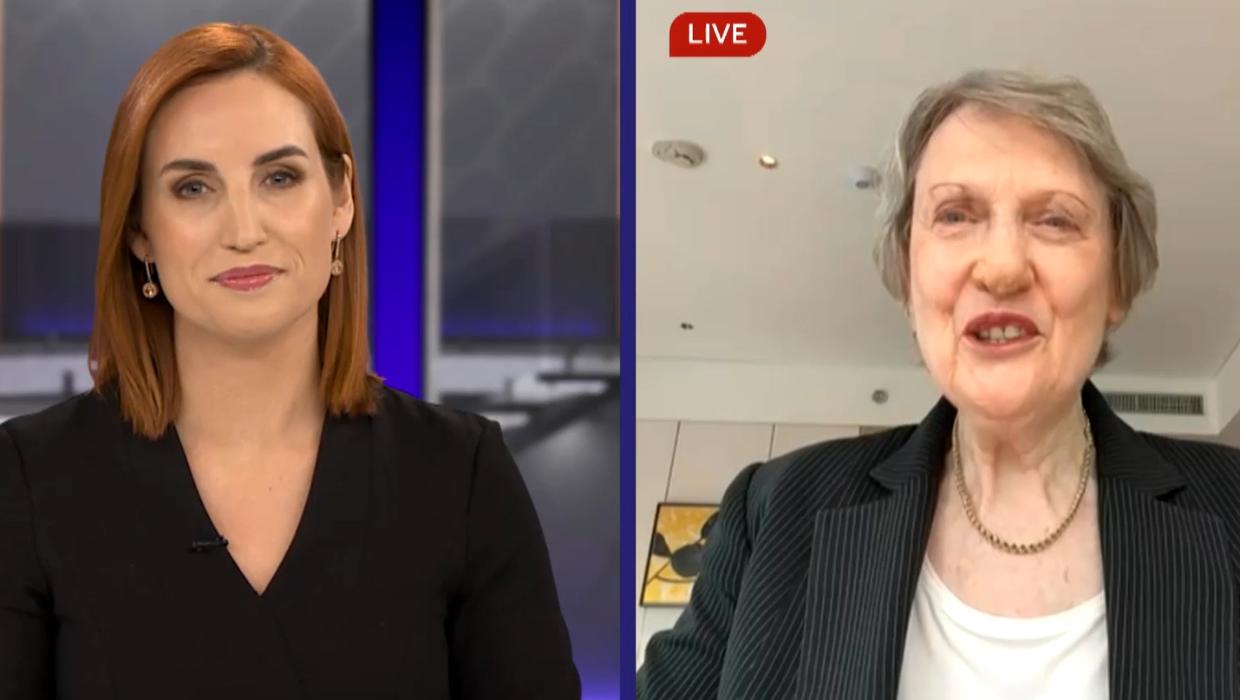Lifestyle
Helen Clark Reflects on Controversial Attendance at China Parade

Former New Zealand Prime Minister Helen Clark expressed her reservations regarding her attendance at the significant Victory Day Parade held at Tienanmen Square in Beijing. In her remarks, she described the decision as “a line call,” indicating the complexity of participating in an event that featured numerous individuals she would not typically associate with in her own country.
Clark’s attendance at the parade, which took place on September 3, 2015, was marked by a diverse gathering of international leaders and dignitaries. The event commemorated the 70th anniversary of the end of World War II and showcased China’s military capabilities. While the occasion was celebrated by many as a display of national pride, it also drew criticism for the presence of officials associated with human rights violations and authoritarian governance.
Reflecting on her experience, Clark noted the tension between diplomatic engagement and ethical considerations. “There were a number of people there who we would not invite to events in our own country,” she stated, highlighting the moral dilemmas faced by leaders in international relations.
Diplomatic Engagement versus Ethical Concerns
Clark’s decision to attend the parade has sparked a broader conversation about the responsibilities of political leaders when engaging with nations that have controversial human rights records. The dilemma she faced illustrates the balancing act of maintaining diplomatic relations while standing firm on one’s values.
Attending such events can be seen as a necessary part of diplomacy, yet it can also lead to public backlash. Clark’s candid acknowledgment of her hesitations resonates with many who grapple with similar challenges. The former prime minister’s insights encourage a reevaluation of how world leaders navigate the complexities of global politics.
While the Victory Day Parade celebrated military achievements, it also served as a reminder of the ongoing debates surrounding international relations and ethical governance. Clark’s reflections prompt important discussions about how leaders should engage with regimes that may not align with democratic values.
In a world where global interactions are often scrutinized, Clark’s experience stands as a testament to the intricate realities of political decision-making. Her comments underscore the need for leaders to weigh the implications of their actions carefully, especially in contexts that may compromise their ethical standards or public trust.
As discussions around global diplomacy continue to evolve, Clark’s reflections provide valuable insights into the challenges faced by politicians in today’s interconnected landscape.
-

 World4 months ago
World4 months agoTest Your Knowledge: Take the Herald’s Afternoon Quiz Today
-

 Sports4 months ago
Sports4 months agoPM Faces Backlash from Fans During Netball Trophy Ceremony
-

 Lifestyle4 months ago
Lifestyle4 months agoDunedin Designers Win Top Award at Hokonui Fashion Event
-

 Entertainment4 months ago
Entertainment4 months agoExperience the Excitement of ‘Chief of War’ in Oʻahu
-

 Sports4 months ago
Sports4 months agoLiam Lawson Launches New Era for Racing Bulls with Strong Start
-

 World5 months ago
World5 months agoCoalition Forms to Preserve Māori Wards in Hawke’s Bay
-

 Lifestyle4 months ago
Lifestyle4 months agoDisney Fan Reveals Dress Code Tips for Park Visitors
-

 Health4 months ago
Health4 months agoWalking Faster Offers Major Health Benefits for Older Adults
-

 Politics4 months ago
Politics4 months agoScots Rally with Humor and Music to Protest Trump’s Visit
-

 Top Stories5 months ago
Top Stories5 months agoUK and India Finalize Trade Deal to Boost Economic Ties
-

 Health2 months ago
Health2 months agoRadio Host Jay-Jay Feeney’s Partner Secures Visa to Stay in NZ
-

 World5 months ago
World5 months agoHuntly Begins Water Pipe Flushing to Resolve Brown Water Issue









